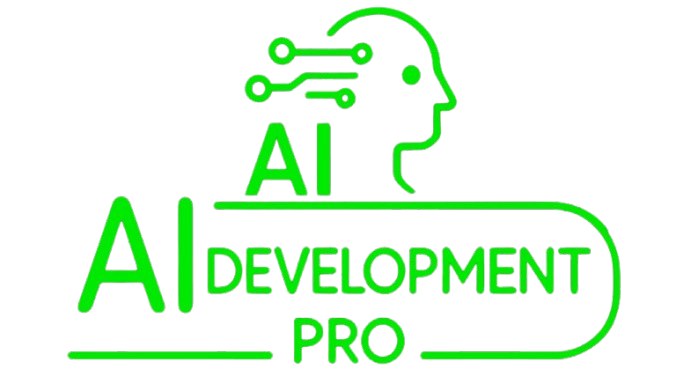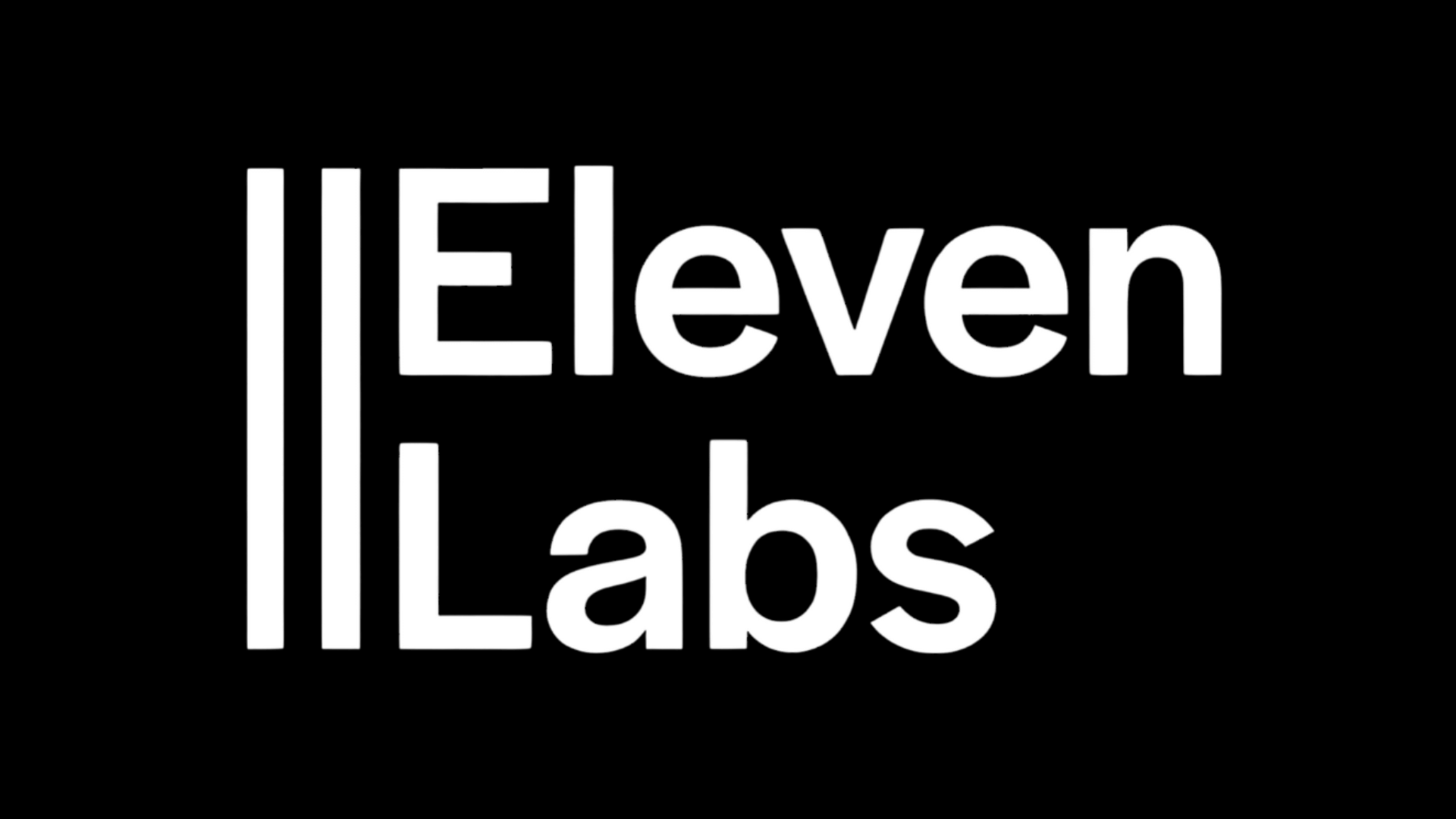

AI Call Twilio and ElevenLabs vs Traditional Voice Solutions
AI Call Solutions Twilio and ElevenLabs vs Traditional Voice Systems
The rise of artificial intelligence has revolutionized communication, particularly in the realm of voice interactions. AI call technology, powered by platforms like Twilio and ElevenLabs, offers businesses scalable, cost-effective, and highly customizable solutions compared to traditional voice systems. As we move further into 2025, understanding the differences between these modern AI-driven solutions and legacy systems is crucial for companies looking to enhance customer engagement, automate processes, and reduce operational costs.
This article explores the key distinctions between AI call solutions and traditional voice systems, focusing on the capabilities of Twilio and ElevenLabs. We will examine their advantages, use cases, and practical applications to help businesses make informed decisions about adopting AI-powered communication tools.
How AI Call Technology Works
AI call technology leverages advanced machine learning and natural language processing (NLP) to simulate human-like conversations. Unlike traditional Interactive Voice Response (IVR) systems, which rely on pre-recorded messages and rigid menu structures, AI call platforms dynamically interpret and respond to customer queries in real time.
Twilio's AI call solutions, for example, integrate with large language models (LLMs) to provide context-aware responses, while ElevenLabs specializes in ultra-realistic voice synthesis, making interactions indistinguishable from human agents. These systems can handle complex tasks such as appointment scheduling, customer support, and even sales calls without human intervention.
The flexibility of AI call systems allows businesses to deploy them across multiple channels, including phone calls, messaging apps, and voice assistants. This omnichannel capability ensures seamless customer experiences, a significant advantage over traditional telephony systems limited to voice-only interactions.
Twilio AI Call Capabilities
Twilio has emerged as a leader in AI-powered communication, offering a robust platform for businesses to automate and enhance voice interactions. Its Programmable Voice API enables developers to build custom AI call solutions with features like real-time transcription, sentiment analysis, and multilingual support.
One of Twilio's standout features is its integration with OpenAI's GPT models, allowing businesses to create intelligent virtual agents that understand and respond to nuanced customer requests. For instance, a retail company can use Twilio's AI call system to handle product inquiries, process returns, and even upsell items-all without human involvement.
Additionally, Twilio's analytics dashboard provides insights into call performance, helping businesses optimize their AI call strategies. Metrics such as call duration, customer satisfaction, and resolution rates enable continuous improvement, a feature rarely found in traditional voice systems.
ElevenLabs The Power of Hyper-Realistic Voice AI
While Twilio excels in conversation automation, ElevenLabs focuses on delivering lifelike voice synthesis for AI call applications. Its proprietary deep learning models generate voices that mimic human tonality, pacing, and emotional inflection, making interactions more engaging and natural.
ElevenLabs is particularly valuable for industries where voice quality is critical, such as entertainment, audiobooks, and virtual assistants. However, businesses are also leveraging its technology for AI call centers, where realistic voice agents enhance customer trust and satisfaction. For example, a financial services firm can use ElevenLabs to create a virtual advisor that guides clients through investment options with a conversational tone.
The platform also supports voice cloning, allowing companies to replicate brand-specific voices for consistent customer experiences. This level of personalization is unmatched by traditional IVR systems, which often sound robotic and impersonal.
Traditional Voice Solutions: Limitations and Challenges
Despite their widespread use, traditional voice solutions suffer from several limitations in today's fast-paced digital landscape. Legacy IVR systems, for instance, require extensive scripting and lack the adaptability of AI call platforms. Customers frequently express frustration with rigid menu options and long wait times, leading to higher abandonment rates.
Moreover, traditional systems struggle with scalability. Adding new features or languages often involves significant development effort and cost. In contrast, AI call solutions like Twilio and ElevenLabs can be updated dynamically, supporting rapid deployment of new functionalities.
Another critical drawback is the absence of advanced analytics. Traditional telephony systems provide basic call logs but lack the depth of AI-driven insights, making it difficult for businesses to measure performance and identify areas for improvement.
Cost Comparison: AI Call vs Traditional Systems
When evaluating communication solutions, cost is a major consideration for businesses. Traditional voice systems often involve high upfront expenses for hardware, software licenses, and maintenance. Ongoing costs, such as call center staffing and system upgrades, further add to the financial burden.
AI call solutions, on the other hand, operate on a pay-as-you-go model, significantly reducing initial investment. Twilio's API-based pricing, for example, allows businesses to pay only for the minutes and features they use. Automation also cuts labor costs by handling routine inquiries without human agents.
ElevenLabs offers competitive pricing for its voice synthesis services, with tiered plans based on usage. While premium voices and advanced features come at a higher cost, the return on investment (ROI) from improved customer engagement and operational efficiency often justifies the expense.
Practical Applications of AI Call Technology
The versatility of AI call technology makes it suitable for a wide range of industries. In healthcare, AI-powered systems can schedule appointments, send medication reminders, and provide telehealth support. Retailers use AI call solutions for order tracking, personalized recommendations, and handling returns.
Financial institutions benefit from AI-driven fraud detection and customer verification, while hospitality businesses automate reservations and concierge services. Even government agencies are adopting AI call platforms to streamline public inquiries and reduce call center workloads.
For businesses considering adoption, starting with a pilot program is advisable. Identify high-volume, repetitive tasks that can be automated, such as FAQs or appointment scheduling. Gradually expand AI call integration based on performance metrics and customer feedback.
Future Trends in AI Call Technology
As AI continues to evolve, we can expect even more sophisticated AI call solutions. Advances in emotional AI will enable systems to detect and respond to customer moods, further enhancing personalization. Integration with augmented reality (AR) and virtual reality (VR) could revolutionize remote assistance and virtual customer service.
Moreover, the rise of 5G networks will improve call quality and reduce latency, making AI call interactions smoother and more reliable. Businesses that stay ahead of these trends will gain a competitive edge in customer experience and operational efficiency.
Support our work by sharing on multiple social platforms. Join our community







